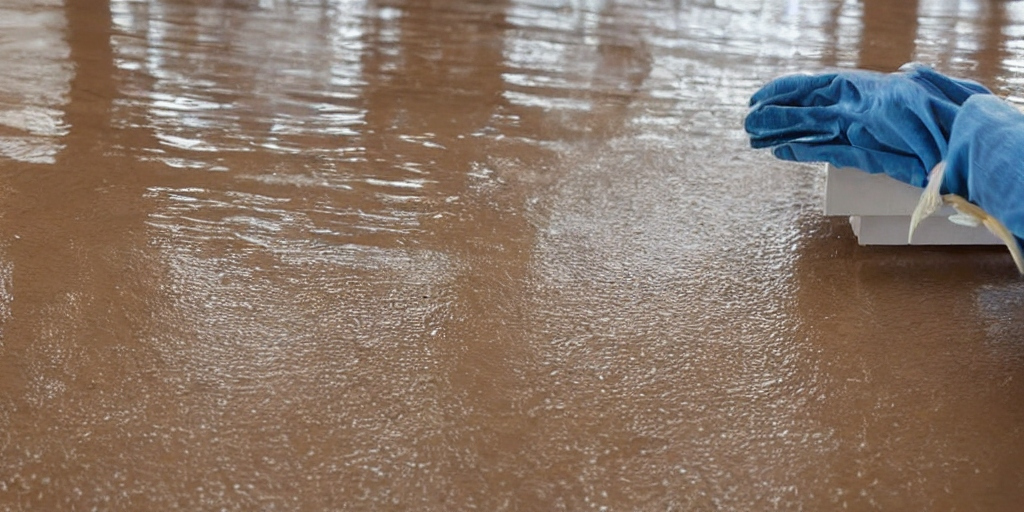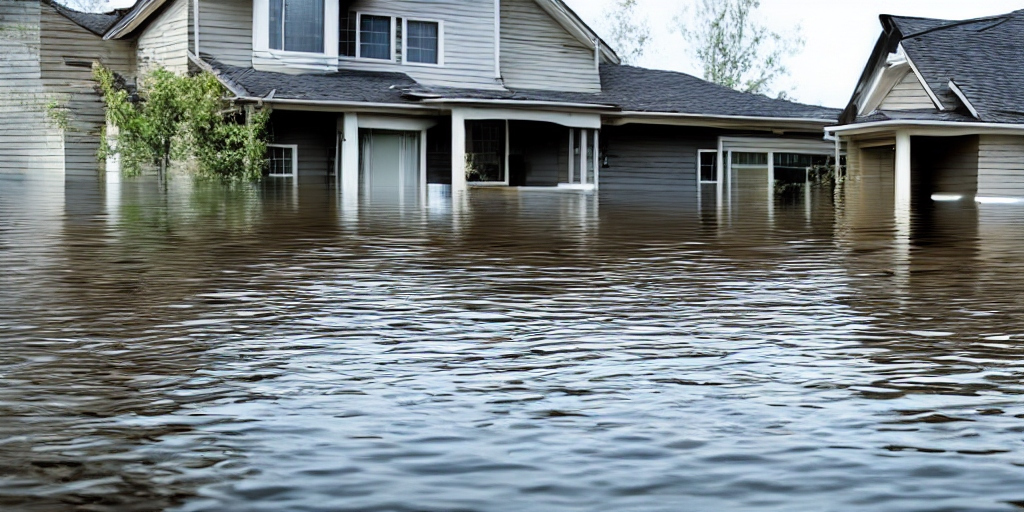Introduction
Water damage is a common and often devastating occurrence for homeowners and businesses alike, especially in regions prone to heavy rainfall and flooding like Houston, TX. When faced with the aftermath of water damage, whether due to burst pipes, storms, or other unforeseen circumstances, quick and effective restoration is essential to mitigate further damage and restore the property to its pre-loss condition. In this article, we delve into the critical aspects of water restoration in Houston, TX, exploring the process, common causes of water damage, prevention tips, and the importance of seeking professional assistance from reputable restoration companies.
Recognizing the Signs of Water Damage
Water damage can manifest in various forms, and recognizing the signs early is crucial for prompt intervention. Common indicators of water damage include:
- Roof Leaks: Damage to the roof can lead to water seepage into the attic, ceiling areas, and other parts of the property.
- Bathroom Flooding: Leaking faucets, overflowing toilets, and tubs can result in water accumulation, causing damage to flooring, walls, and fixtures.
- Pipe Bursts: Burst pipes, whether in the kitchen, bathroom, basement, or laundry room, can lead to extensive water damage if not addressed promptly.

Also Read: Reviving Homes: OC Water Damage Restoration
Emergency Response and Restoration Process
In the event of water damage, prompt action is imperative to prevent further deterioration of the property. Reputable restoration companies like Jenkins Restorations understand the urgency of the situation and offer 24/7 emergency services. Their certified technicians promptly respond to calls, ensuring a swift and efficient restoration process.
The restoration process typically involves several crucial steps:
- Assessment and Inspection: Upon arrival, the restoration team conducts a comprehensive assessment of the extent of water damage. This involves identifying affected areas, assessing the severity of the damage, and formulating a restoration plan.
- Water Extraction: The next step involves removing standing water from the property using advanced extraction equipment. This helps prevent further damage and accelerates the drying process.
- Drying and Dehumidification: After water extraction, the affected areas are thoroughly dried and dehumidified to prevent mold growth and structural damage. Industrial-grade dehumidifiers and air movers are employed to expedite the drying process.
- Cleanup and Sanitization: Once the property is thoroughly dried, the restoration team proceeds with cleaning and sanitization to remove any lingering contaminants and ensure a safe and hygienic environment.
- Restoration and Repairs: The final phase of the restoration process involves restoring the property to its pre-damage condition. This may include repairing structural damage, replacing damaged materials, and restoring affected areas to their original state.
Flood Restoration in Houston: Addressing Major Water Incidents
Houston, TX, is no stranger to flooding, particularly during major storms and hurricanes like Hurricane Harvey. When floods occur, lower levels of homes and businesses are particularly vulnerable to water damage. In such situations, immediate action is crucial to mitigate damage and prevent further loss.
Professional flood restoration companies in Houston offer specialized services tailored to address the unique challenges posed by flooding. These services may include:
- Emergency Flood Cleanup: Trained technicians are equipped to handle emergency flood situations, providing swift cleanup and mitigation services to minimize damage.
- Water Removal: Advanced water extraction equipment is utilized to remove floodwater from the property quickly and efficiently.
- Mold Remediation: Floodwaters can promote mold growth, posing health risks to occupants. Professional mold remediation ensures thorough removal of mold and prevents its reoccurrence.
- Basement Flood Cleanup: Basements are particularly susceptible to flooding during heavy rainfall and storms. Specialized cleanup and restoration services are available to address basement flooding effectively.
Preventing Water Damage: Tips for Homeowners and Businesses
While some instances of water damage may be unavoidable, proactive measures can help minimize the risk. Here are some useful tips for preventing water damage:
- Regular Maintenance: Stay vigilant and conduct regular inspections of plumbing systems, appliances, and other vulnerable areas for signs of leaks or deterioration.
- Prompt Repairs: Address any plumbing issues or leaks promptly to prevent them from escalating into more significant problems.
- Proper Drainage: Ensure proper drainage around the property to divert rainwater away from the foundation and prevent water buildup.
- Invest in Waterproofing: Consider waterproofing measures for basements and other susceptible areas to prevent water infiltration.
- Emergency Preparedness: Keep emergency contact information for reputable restoration companies handy and familiarize yourself with shut-off valves and emergency procedures.

Also Read: Water Damage Restoration Atlanta: Expert Solutions for Property Recovery
Conclusion
Water damage can be a distressing experience for homeowners and businesses, but with prompt action and professional assistance, the impact can be minimized, and the property restored to its former glory. In Houston, TX, where water-related incidents are prevalent, reliable restoration companies play a vital role in helping communities recover from such adversities. By recognizing the signs of water damage, taking preventive measures, and seeking timely restoration services. Property owners can safeguard their investments and restore peace of mind in the face of unforeseen water-related challenges. Remember, when it comes to water restoration in Houston, TX, swift action is key to restoring hope and resilience in the aftermath of water damage.










